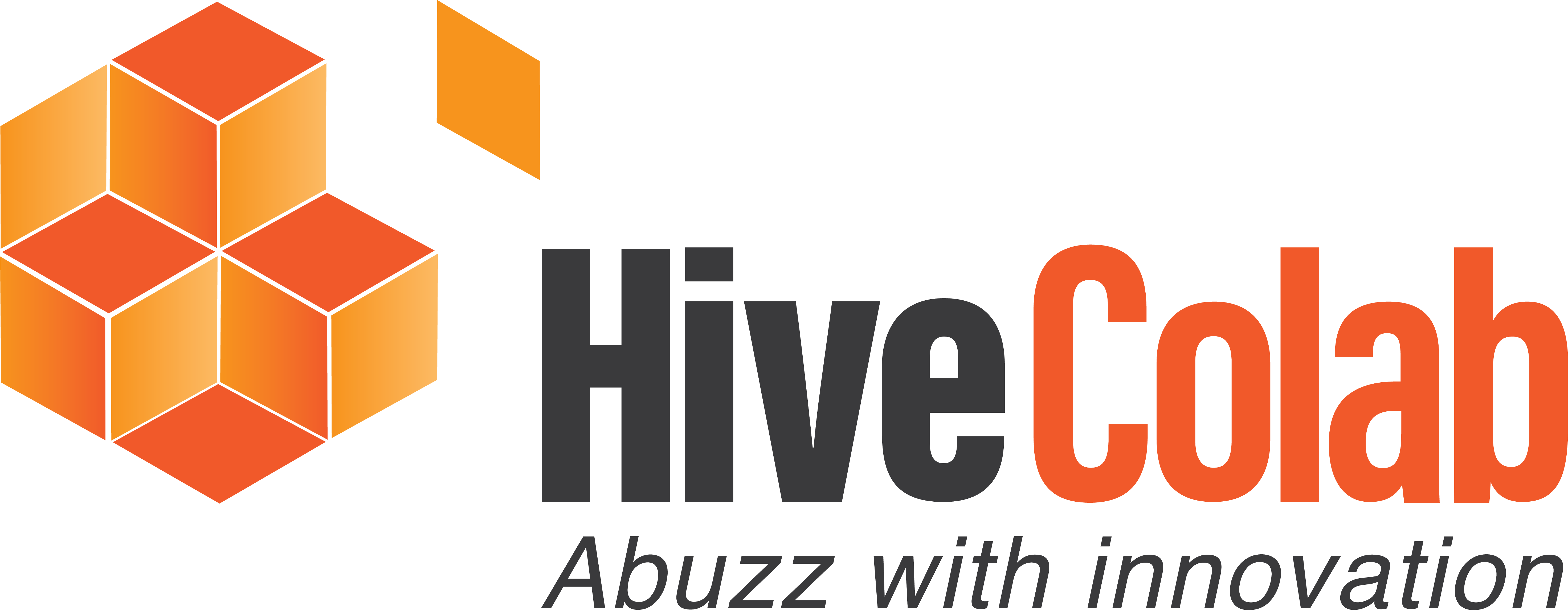About the program
O-Farms is a business accelerator initiated by Bopinc and Village Capital, in partnership with IKEA foundation, with the goal of making circularity a mainstream approach for improved livelihoods and sustainability. For implementation of the accelerator activities in Uganda, O-Farms is teaming up with Hive Colab.
The agricultural value chains generate many losses and byproducts that are often disposed as waste, making agriculture the most relevant sector to leverage on for opportunities of a circular economy in Uganda.
The Crops (Oil and nut crops, root crops, pulses, plantains, cereals and grains, horticulture-fruits and vegetables and industrial crop processing), livestock (Cattle, goats, sheep, pigs and poultry) and fisheries (Nile perch and tilapia) sub-sectors generate considerable waste and have huge potential for circularity with tremendous business opportunities to produce animal feed, human food or food supplements, biodegradable packaging for food and beverages, bioenergy and organic fertilizers and compost.
What we are looking for in applicants?
Hive Colab is looking for a diverse cohort of SMEs building innovations or business models for bringing agricultural food losses, or by-products back into the food system for:- Processing into ingredients for food for human consumption
- Processing into ingredients for animal feed, organic fertilizer or compost and bioenergy generation
- Processing into biodegradable packaging materials for food and beverages for the food industry
- Processing into organic fertilizer or compost as inputs for agricultural production
- Processing for Bioenergy generation for agriculture value chains
Examples include: Using rejected tomatoes for ketchup, banana peels for food packaging or rice husks for animal feed and fertiliser.
What we have to offer to the selected participants?
The circular agribusiness SMEs can expect to receive the following benefits:
- Customized training program on agri-circularity business
- Technical Assistance to embed circularity principles in the business model including strengthening the systems and processes.
- Coaching and Mentorship – personalized and group coaching to unpack training into business implementation
- Links to financial and investment opportunities
- Networking and peer learning to strengthen innovations and build a community of best practices in agri-circularity.
- Competitive peer-to-peer awarded, seed grants of up to Euro 50,000 (for two selected enterprises)
- Networking opportunities to showcase a solution and meet with investors and other stakeholders.
Eligibility criteria
Hive colab wants to see circular agribusiness become a mainstream approach for entrepreneurs in Uganda food systems by 2025, to achieve this we will be accelerating a cohort of 10 circular agribusinesses in partnership with Bopinc, Village Capital and IKEA Foundation within a period of 1 and half years to steer the transition from linear to circular food system. We are therefore looking for circular agribusiness SMEs that meet the following minimumeligibility criteria:
- Legally incorporated in Uganda with at least one founding team member being Ugandan
- For-profit entity or farmer groups
- Must be a growth stage SME with an existing customer base generating sales and revenue (Post-revenue)
- With an innovative solution for bringing food losses, or the by-products generated in food production or processing, back into the food system
- Businesses that intend to grow significantly over time, what typical venture investors refer to as “scalable” businesses – particularly those that explicitly intend to link to larger companies.
- A strong preference will be given to entrepreneurs that have lived experience with the problems they seek to address.
- Strong preference will also be given to founding teams that are overlooked by traditional venture capital ecosystems ie: those in the peri-urban areas, female founders.
- Existing team of at least 2 full-time members. Ideal organizations will have larger existing staff, but some models may require less full-time support or rely more on contractors.
- Market-based solution that tackles an identified key challenge in the area of circular agriculture directly through its revenue model (ie: no “buy one give one” approach to making an impact).
- Have some level of customer or business validation. Validation can be defined as revenue, customer waitlists.
Cohort II: Timeline




